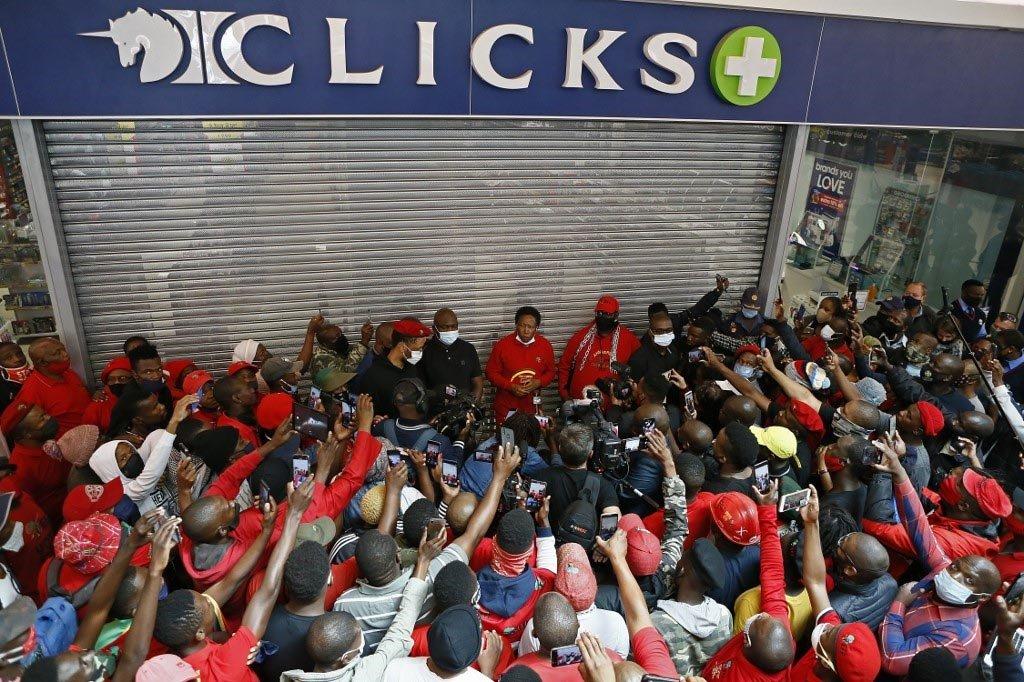Africa-Press – South-Africa. The Commission for Gender Equality (CGE) has joined the call to have a regulatory body that oversees the advertising industry and would be compulsory to join.
The CGE appeared before the South African Human Rights Commission’s (SAHRC) Inquiry into Racial Discrimination or Discrimination in Advertising.
The CGE’s legal researcher Dennis Matotoka and CEO Jamela Robertson, said there was a need for a body that all advertisers were affiliated with.
Currently, the industry was overseen by the Advertising Regulatory Board (ARB). Joining is voluntary and there are no membership fees.
Earlier this week, researcher Petronell Kruger also argued that the ARB should be legally recognised to better hold advertisers accountable.
Matotoka said: “Our view is that we have to have a regulatory body that is not non-profit. When you have the non-members, we have a problem of them not wanting to adhere to the codes.”
ALSO READ |
There is no racism in advertising products, IRR tells SAHRC
He said the CGE was worried about a recent high court decision that the ARB did not have authority over non-member organisations.
In a recent case, Bliss Brands, a non-member of the ARB, was ordered to withdraw the packaging of its soap brand Securex after Colgate – a member of the ARB and a competing brand – complained that Bliss Brands was imitating the Protex packaging.
Bliss Brands challenged the constitutionality of the ARB ruling. It took the matter to the high court and won the case.
The court ruled that the ARB exercising power over non-members was unconstitutional.
The ARB was appealing the decision in the Supreme Court of Appeal.
The CGE said to fight discrimination, they offered sensitivity training to companies.
Asked whether gender-sensitivity training was effective, Matotoka said: “The programmes that we have run around education and gender sensitisation have been successful… But we still face challenges, especially when it comes to campaigns that objectify women as well as paintings and portraits.”
ALSO READ |
Soap wars: Securex isn’t copying Protex, SA’s ad regulator rules, after Lifebuoy and Dettol’s fights about 25 grams
He said painters sometimes used the objectification of women as a marketing strategy.
“The approach that the commission is taking is to have training. We have called in numerous artists who have portrayed women in a sexist manner and had engagements with them. We have seen a change in how they portray women.”
Matotoka said that while sensitisation programmes were essential, it was never enough.
He said one of the advertisements that they received complaints about was when Lunch Bar launched its 62g chocolate bar, which the company dubbed “man-sized”.
“There were a number of complaints that suggested that man-sized is sexist and had sexual connotations. We engaged the company, and they responded positively. Their view was that the intention was not to exclude anyone nor does it have sexual connotations.”
He said the company had since changed “man-sized” to “max”.
The inquiry continues.
Never miss a story. Choose from our range of newslettersto get the news you want delivered straight to your inbox.
For More News And Analysis About South-Africa Follow Africa-Press






